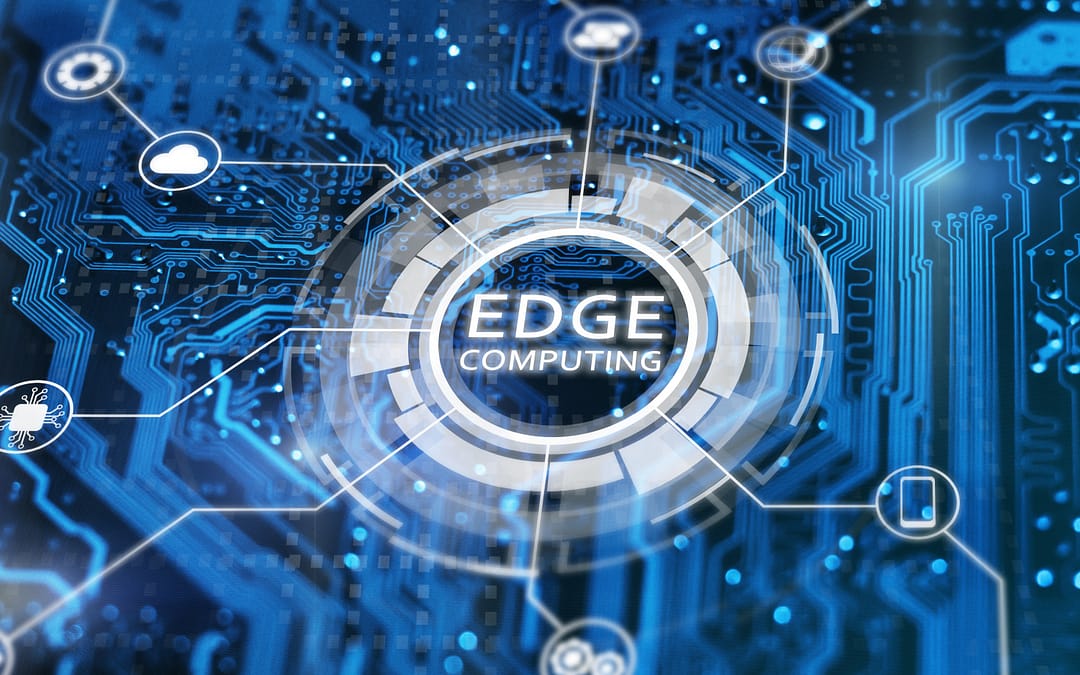In a world dominated by the ever-growing demand for real-time data and seamless connectivity, edge computing has emerged as a pivotal technology poised to redefine the way we process and utilize information. Edge computing is revolutionizing the digital landscape by pushing computational power closer to the data source, effectively reducing latency and enhancing overall performance. In this blog, we’ll delve into the world of edge computing, discussing what it is, why it matters, and how it’s transforming the way we interact with data.
What Is Edge Computing?
Edge computing, at its core, is a distributed computing paradigm that brings data processing and analysis closer to the source of data generation. In contrast to traditional cloud computing, where data is sent to centralized data centers for processing, edge computing shifts the computational workload to the edge of the network, which can include devices like sensors, gateways, or edge servers. This proximity to data sources significantly reduces the time it takes to process and respond to data, making it ideal for real-time applications.
Why Does Edge Computing Matter?
- Reduced Latency: One of the most significant advantages of edge computing is the near-instantaneous processing of data. This is crucial for applications where even milliseconds matter, such as autonomous vehicles, IoT devices, and augmented reality systems. The reduced latency ensures quicker decision-making and better user experiences.
- Bandwidth Optimization: Edge computing can alleviate the burden on network bandwidth. By processing data locally, only essential information is sent to the cloud, reducing the need for constant high-speed data transfer. This is especially beneficial in remote or bandwidth-constrained environments.
- Enhanced Privacy and Security: Edge computing enhances data security and privacy. With data processed locally, sensitive information doesn’t have to traverse vast networks, minimizing the risk of data breaches and ensuring compliance with data protection regulations.
- Reliability: Edge computing can improve system reliability. By decentralizing data processing, it reduces the risk of a single point of failure. If a local node goes offline, other nodes can continue processing data.
- Scalability: Edge computing can be easily scaled by adding more edge devices, which is often more cost-effective than expanding centralized cloud infrastructure. This scalability is particularly important for IoT applications.
Applications of Edge Computing
Edge computing has a wide range of applications across various industries:
- IoT: Edge computing is a cornerstone of the Internet of Things (IoT), enabling real-time data analysis and decision-making for IoT devices like smart thermostats, wearable devices, and industrial sensors.
- Autonomous Vehicles: Self-driving cars heavily rely on edge computing for processing sensor data and making split-second decisions on the road.
- Retail: In retail, edge computing can be used for inventory management, customer analytics, and providing personalized shopping experiences.
- Healthcare: Edge computing enhances telemedicine, remote patient monitoring, and the rapid processing of medical data.
- Manufacturing: It plays a vital role in optimizing manufacturing processes, predictive maintenance, and quality control.
Challenges and Considerations
While edge computing offers numerous benefits, it also poses challenges, such as managing a distributed infrastructure, ensuring data consistency, and addressing security concerns. Organizations must carefully evaluate their needs and infrastructure before implementing edge computing solutions.
Conclusion
Edge computing is poised to reshape the digital landscape by providing low-latency, high-performance solutions that are essential for the growing demands of modern technology. Its applications are vast and diverse, from improving our daily lives through IoT to revolutionizing industries like healthcare and manufacturing. As we continue to harness the potential of edge computing, it’s clear that this technology will play an integral role in our data-driven future. It’s time to embrace the edge.
Contact us today for your custom software development needs!






